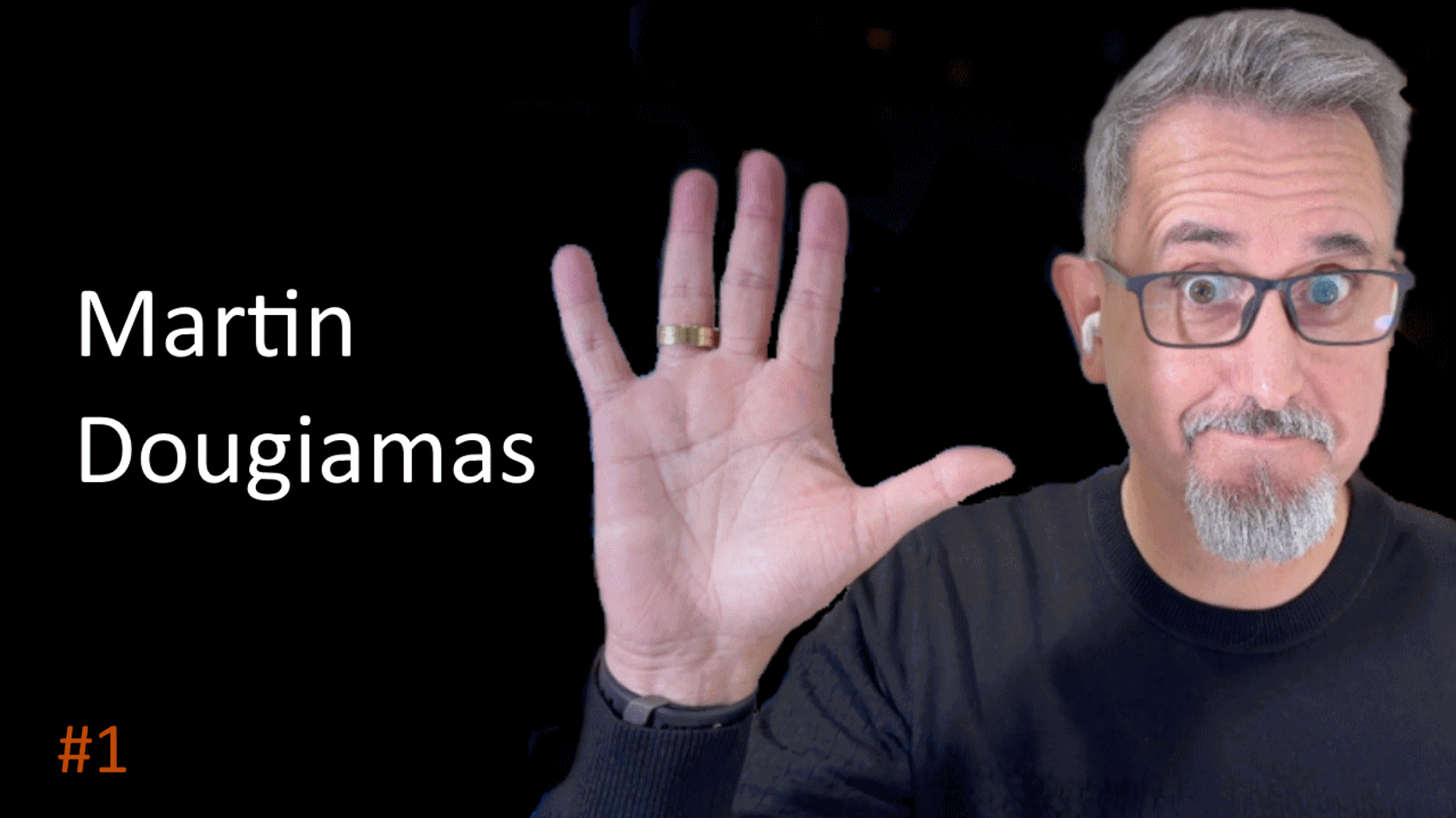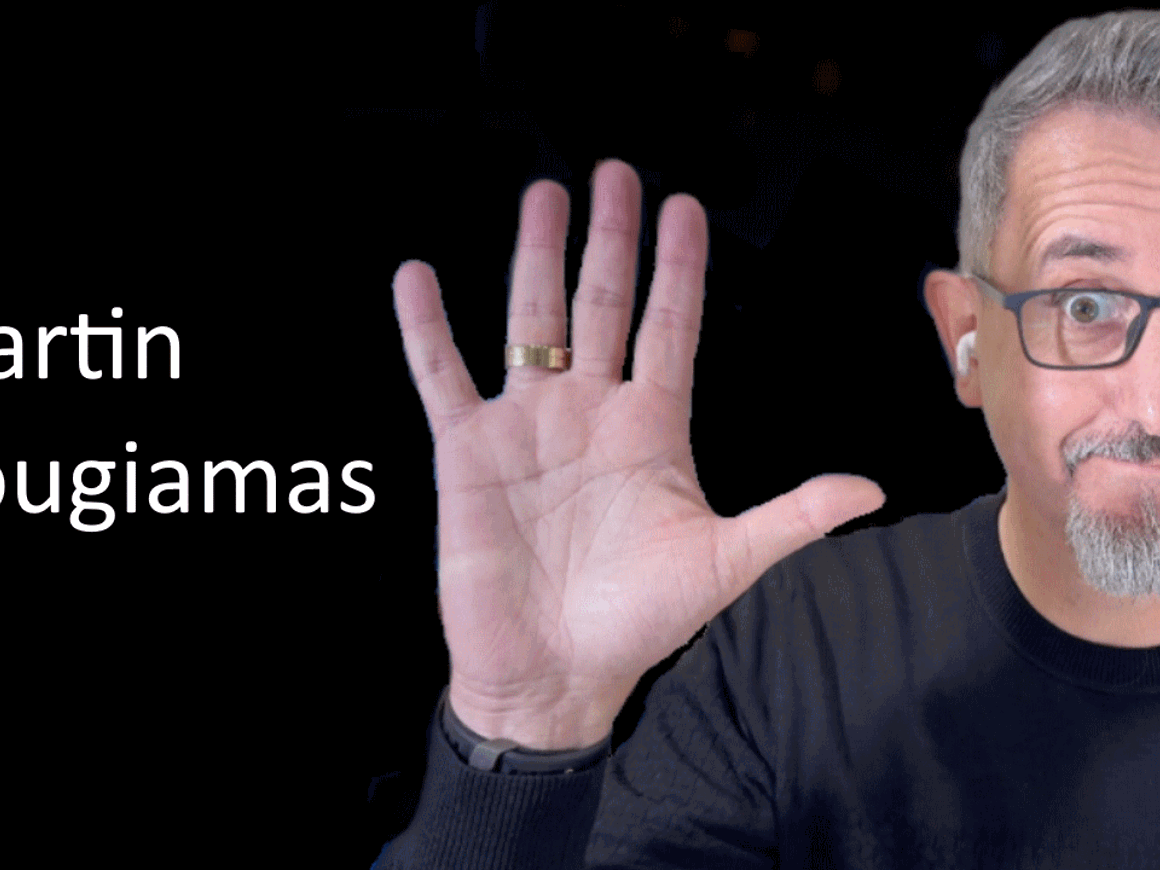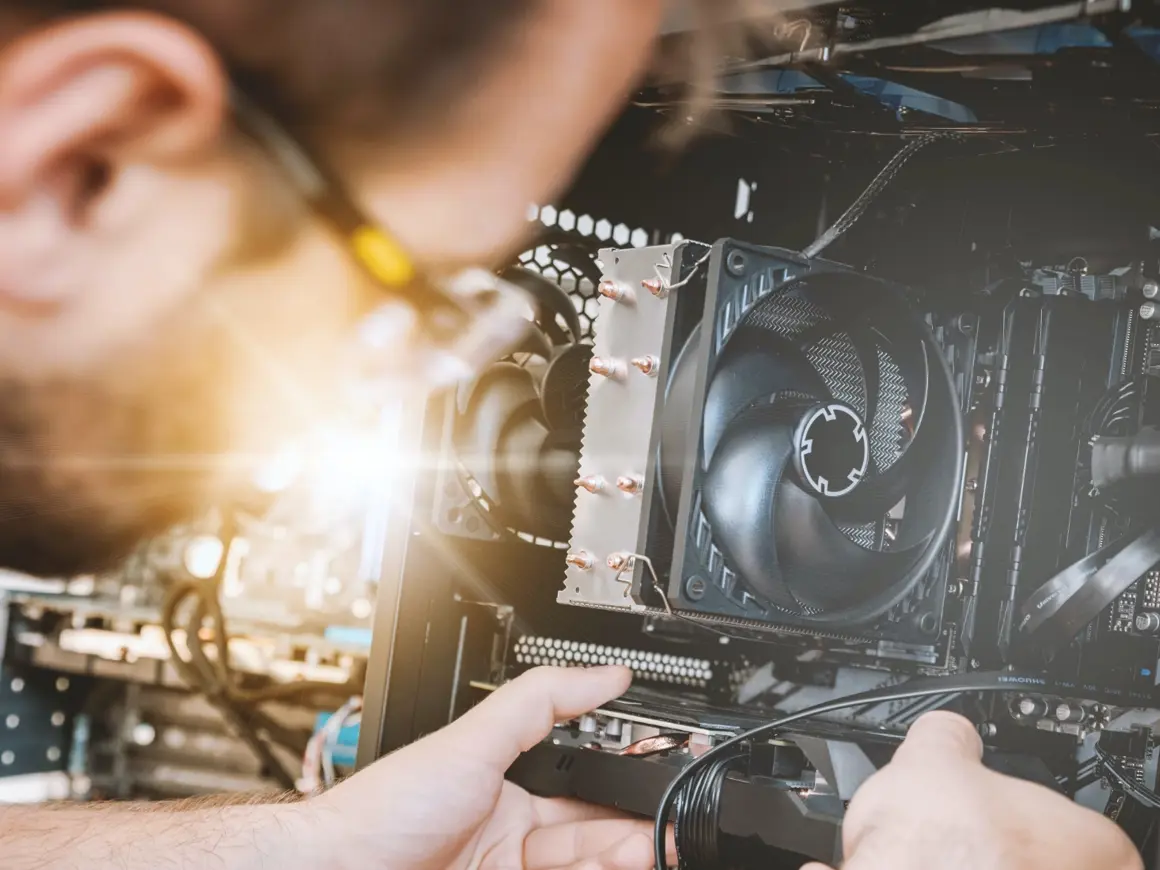From work to identity: what gives life meaning?
Today, job titles and work contributions often give us status, respect and a sense of purpose. Work creates routines, social context and personal pride – in other words, a large part of many people’s identity. Research shows that unemployment not only causes financial stress, but also loss of identity, low self-esteem, anxiety and depression. Unemployment is strongly linked to poor mental health – work is therefore not just a source of income, but a psychological anchor.
If traditional work disappears, how can society find new anchors for identity and meaning?
Will education become lifelong, open and purpose-driven?
In a post-work society, education is changing from narrow preparation for the labour market to broad lifelong development. It is less about career ladders and more about meeting individual and societal needs – from art and science to civic engagement. A policy report from openedtech.global warns that the EdTech market today is too focused on “short-term skills training” at the expense of “broad lifelong learning”. If we take Dougiama’s vision to heart, education should instead be open, creative and centered around learning.
Practical measures could include investing in open educational resources and local learning environments (libraries, makerspaces, free online courses, etc.) so that learning becomes a public good, not a commodity. Curricula should emphasize human abilities – critical thinking, empathy, creativity – alongside technological skills. Schools and universities can become centers of passionate exploration rather than degree factories. Trials of self-directed learning, apprenticeships in the creative sector and publicly funded “learning accounts” are already underway. These models suggest that when education does not need to focus solely on jobs, it can instead serve the whole of society.
Data and Identity: Safeguarding Autonomy in an AI World
In a society where work no longer defines us, our personal data – our digital footprint – is becoming a central part of our identity. Digital identity is not science fiction; it is already reality. According to Oracle, a digital identity is “a collection of data points that encompass the characteristics, attributes and activities that identify an individual”. It is about your name, your background, your interests, achievements and digital behaviour. When work no longer determines our status, these data points – our learning portfolios, creative contributions, social actions – can become the currency of how we are perceived by others. Whoever controls the data controls the identity.
Protecting ownership of personal data is therefore crucial. Individuals should own and control their digital identity – deciding for themselves who can see their profiles, credentials and history. Otherwise, companies or governments risk shaping our identities for us. Already today, AI can create digital copies of people (such as chatbots based on public figures) without their consent – something psychologists warn can cause anxiety and loss of control. More generally, companies with access to our data can manipulate what we see and learn. It is a societal problem: filter bubbles and surveillance can influence our opinions and choices. In the worst case, lack of data protection threatens both autonomy and democracy.
The opposite – decentralization and data ownership – empowers the individual. Imagine that each person has a personal “learning wallet” with their credentials, interests and achievements. In this system, the individual controls their data and chooses with which schools or AI services it is shared. As one educator put it: true autonomy means that students “always have access to their credentials, regardless of whether the platform is still active”. Concretely, this means that an AI teacher can adapt teaching based on the student’s own history and preferences – not based on everything the company knows about the user. It makes learning portable, personal, and in the learner’s control – not locked into a commercial software.
In short: educational autonomy and data rights are intertwined. As AI makes education more personal, individuals must own their data to be able to control their learning journey. Otherwise, people are reduced to passive objects in a closed system. Research also shows that centralized data platforms “have broad access and potential control over user information,” making it easy to monitor, sell, or manipulate data without consent. Such monitoring has been shown to lead to stress, depression, and even PTSD-like symptoms. In an AI society, we must therefore codify data ownership if we want to preserve human dignity.
Ways forward: policy for a humane society
To create a humane, meaningful society in a post-work era, policymakers should consider coherent reforms:
- Social security systems (e.g., basic income): Guarantee a basic level of economic security for all.
- Universal lifelong learning: Invest in free or affordable education for all ages – not just vocational training, but also arts, sciences, and civics.
- Data protection and ownership: Introduce rights such as data portability, the right to be forgotten, and consent-based access. Support technologies such as personal data vaults and self-owned identities. Ensure that AI systems adhere to the principle of privacy by design. Importantly: give students legal ownership of their education and work data – a key issue in proposals for “data-owning democracies.”
- Open and human-centered technology: Promote open source in EdTech and AI. Introduce open standards so that no one actor can lock in users or data. Support non-profit actors and technology cooperatives, where pedagogy and integrity outweigh profit interests.




